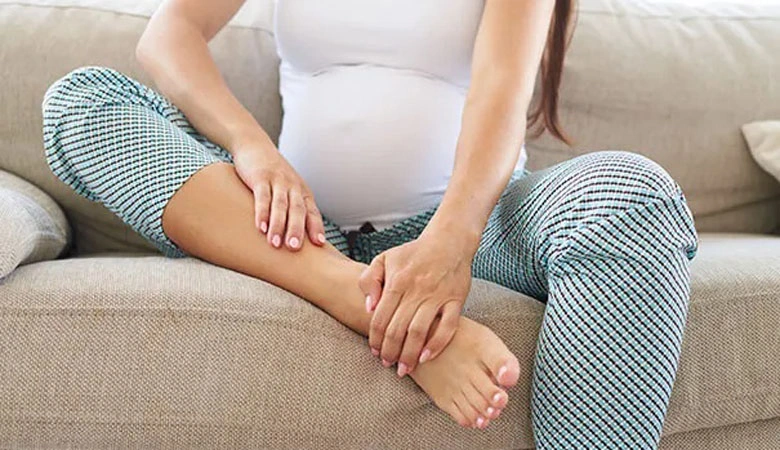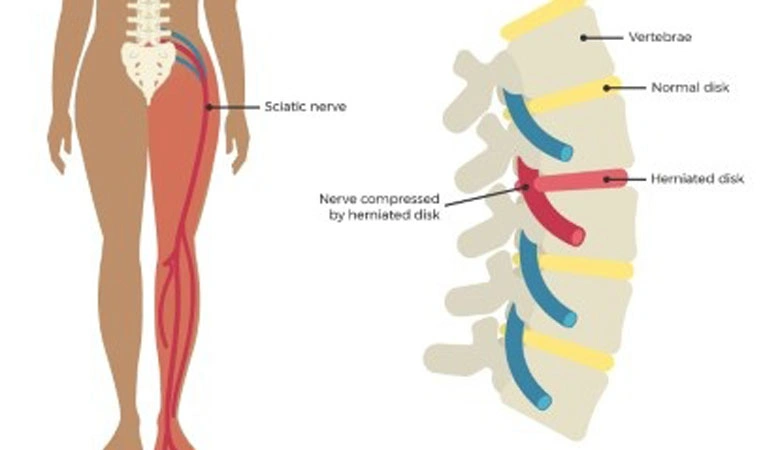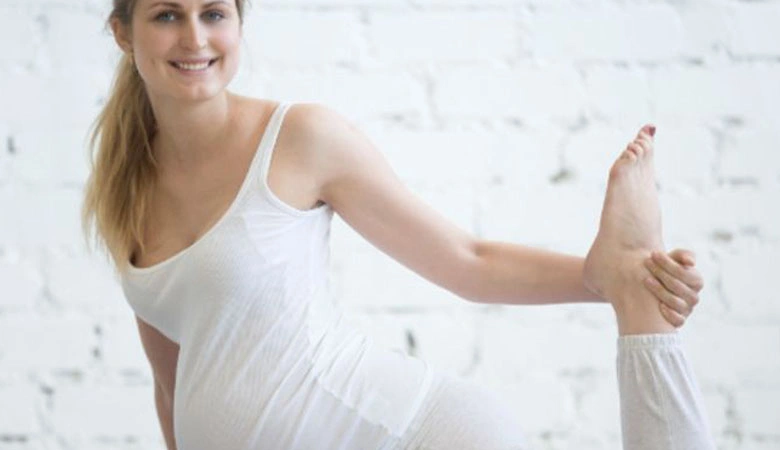Aching Legs in Pregnancy
- Pregnancy
-
- UPDATED NOVEMBER 05, 2024

by Tasha Mayberry
670 shares
As you enter your third trimester, you would be eagerly waiting to see the angelic face of
your little one and feel him/her in your arms. But, before you get there, there are a few more
symptoms you are more likely to encounter, along with your existing ones. While fatigue,
morning sickness, etc. are symptoms you might have expected to experience during different
phases of your pregnancy, aching legs is not something many women expect. When it does
hit, which usually happens towards the end of the second trimester and probably throughout
the third, you might be caught off guard.
Aching legs, leg pains, or leg cramps are basically painful muscle contractions that affect
your foot, calf, or both regions, and this symptom is quite common in pregnancy, typically
known to occur at nighttime during your second and third trimesters. Though you might feel
your legs aching even during the day, the pain will be more prominent during nighttime,
when fluid accumulation and exhaustion will be at their highest point.
Causes of Aching Legs in Pregnancy

Of course, you are wondering what’s causes your legs to ache so much in pregnancy that you
find it hard to sleep at night. Though there is no clear-cut answer, there are a few contributing
factors that you should know about:
Your pregnancy weight: This is a given; as your pregnancy progresses, you will put
on weight and your legs will now have to carry more weight than usual. This makes
them work a lot more during the day, as a result of which they get exhausted during
the night, causing pain and discomfort.
Nerve pressure: As your little one grows inside your tummy, your uterus expands to
give him/her room, thereby applying pressure on certain nerves in your body, which
can, in turn, cause leg pains.
Dehydrations: Though this is one of the most common causes of aching legs in
pregnant women, it is also one of the most ignored. When you are pregnant, your
body requires a lot more water than usual for a lot of reasons, like to flush out toxins,
to form amniotic fluid, help with digestion, produce more blood, etc. This simply
means that not drinking sufficient water in a day can affect you in several ways, one
of which is causing pain in your legs. Drinking a lot of water can help you find some
relief from your other pregnancy symptoms as well, including morning sickness.
Poor blood circulation: Again, your growing belly administers quite a lot of pressure
on the blood vessels in your legs, which can hinder proper circulation and causes leg
pains.
Swelling: Swelling is a highly common pregnancy symptom, which again starts
during the later stages of your second trimester and typically remains till the end of
your pregnancy. As your feet start swelling, circulation gets disrupted, and this causes
your legs to ache.
Pain-Relief Tips for Aching Legs in Pregnancy

No matter the cause behind your aching legs during pregnancy, here are some tips that will
help you find some relief from the pain:
Stretching is known to be effective for aching legs during pregnancy. Before you go
to bed every night, stretch your calf muscles by flexing and releasing each foot, and
do this a few times.
Staying active throughout your pregnancy can be very helpful in alleviating many
pregnancy-related symptoms and pains, including leg pains. Staying active doesn’t
necessarily mean doing workouts at the gym; you can go on a 30- or 45-minute walk
twice a day, or even better, take short walks throughout the day to keep the blood
flowing without any disruption, thus preventing serious leg pains.
Taking a warm bath just before you go to bed can also be extremely helpful in
alleviating leg pains, and a soothing bath in the nighttime will help you sleep better as
well.
Do not sit or stand for a lengthy period, especially not with your legs crossed, as it can
greatly hinder blood circulation.
A cool compress or ice pack can also help find relief from your pregnancy leg pain.
Ask your partner to gently massage your legs before going to bed.
When you lay down, use pillows or cushions under your ankles to keep them elevated
above your heart to enhance blood circulation. This applies to when you are sitting
down during the day too.
It is also widely believed that sleeping on your left side will relieve pressure on your
vena cava, the largest vein which returns blood to your heart from the lower part of
your body.
Include more magnesium- and calcium-rich foods in your diet, like seeds, nuts, whole
grains, dairy, dried fruits, etc. You can also ask for calcium and magnesium
supplements from your doctor.
Drink a glass of milk before going to bed.
As mentioned earlier, drink lots of water and keep your body well-hydrated. A good
indicator that your body is getting enough fluids is the color of your urine; light
yellow or clear urine indicates sufficient water intake, whereas darker yellow means
otherwise.
Wearing the right shoes during pregnancy can help in a lot of ways, especially with
aching legs. The footwear you choose should give you ample support and comfort, it
should be firm, and stay secure. Wearing shoes indoors can also help with your leg
pains.
Aching legs in pregnancy, though a bit frustrating, are not harmful to your little one. If your
pain is pregnancy-related, you will most certainly find relief by following one or more of the
tips give above. If you find your pain to persist and you see no improvement at all, you
should see your doctor.